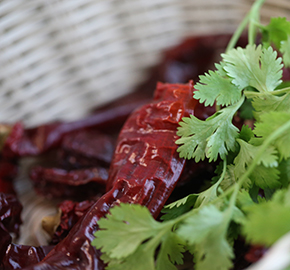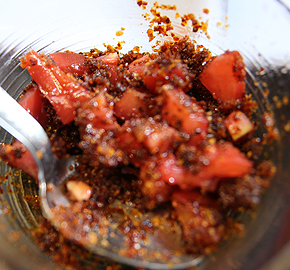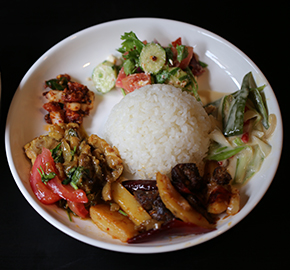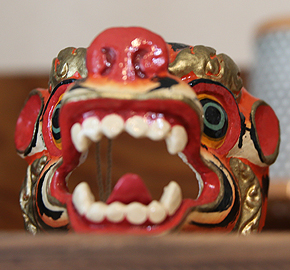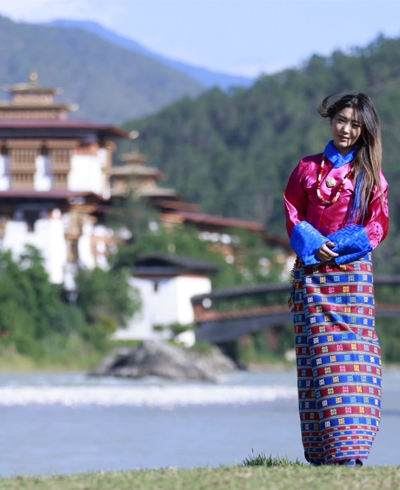
ニキズキッチン 外国人を中心とした自宅で習う料理教室

Bhutanese Cooking School Lily
-

- Bhutan

- Japanese and English

- Ogikubo
- Area:
- East Asia
- Language:
- Bhutanese (language)
- 郷土料理:
- Emma Datsi.

Hello, my name is Lili. I live in Ogikubo. You may or may not know, but it's said that in Tokyo, there are only about 15 Bhutanese people. And I am one of them.
My hometown is Bhutan, a small country surrounded by beautiful nature. There, I was working as an obstetric and gynecologic nurse. However, one day, my destiny took a major turn, and I was dispatched from Bhutan to Japan. That led me to my encounter with Tokyo, my current husband, and to where I am today.
I am the second daughter among four siblings, and I loved cooking from a young age, often preparing meals for my family. Since Bhutan is located at high altitudes, it was difficult to get vegetables in the past. Chili peppers, being the primary produce, became a precious source of vitamins, forming the current Bhutanese cooking style.
Our cuisine is considered closest to Tibetan cuisine. In the southern part of Bhutan. Moreover, due to the Buddhist teachings in Bhutan that prohibit taking life, we rely heavily on imported meat and fish.
Writing pieces born from my experiences and life is of great value to me. I hope that by connecting Bhutan and Japan and the cultural gap between them, I can help you understand our stories more deeply.
<On the commonalities between the Bhutanese and Japanese>
The Japanese and Bhutanese are often said to look similar. In fact, our DNA and roots also appear to be close.
Both Japanese and Bhutanese people, if tracing back their roots, seem to originate around Russia's Lake Baikal. It appears that about 6,000 years ago, those who moved east became Japanese, and those who moved south became Bhutanese.
Of course, there was interaction with other ethnic groups, but in Japan, an island nation, and Bhutan, a mountainous country, it seems that it was difficult for interbreeding to progress.
We both also have histories of being isolated from the world.
Lake Baikal is located in the southern Siberian region of Russia and is known as a place where ancient people lived. The ethnic movement from Siberia creates the possibility of a common ancestor between the Japanese and Bhutanese people.
Therefore, even from a DNA perspective, a genetic connection is suggested.
Both Bhutan and Japan have Buddhism as their state religion, and it influences all aspects of life. Sharing these Buddhist values makes it easier for the people of both countries to empathize with each other.
This spiritual bond creates a common understanding between Bhutanese and Japanese people.
Furthermore, both Bhutan and Japan have many mountainous regions, therefore the connection with nature is deep, and there's a culture of cherishing the change of seasons. This reflects the common lifestyle that comes from the harsh environment of mountainous regions.
In addition, both nations have a spirit of politeness and respect. These are important elements to maintain social order and harmony within the community.
These values may reflect the societal norms that migrants from Lake Baikal might have had in ancient times. There is also a theory that at the time, as a large civilization had already been formed in China, people moved around it, with those moving to the sea becoming Japanese, and those moving to the mountains becoming Bhutanese. Additionally, the Bhutanese vowels are also the same as in Japanese: "a, i, u, e, o". Please come to my class to explore our commonalities
Class schedule
-

2025/7
(リリ)ヒマラヤの赤いごちそう――ブータン家庭料理で巡る4つの味旅 ■講師自宅 -

2025/4
(リリ)ブータンのトリッパを食べよう! ■講師自宅 -

2025/3
(リリ)ブータンビリヤニとブータンカレー ■講師自宅
Class photo
-
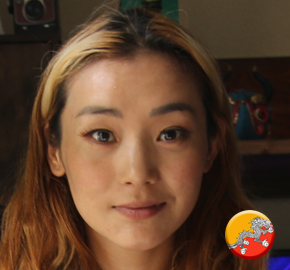
リリさんのブータン料理






